News
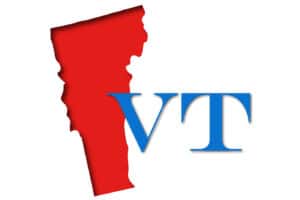
Vermont Launches Zoning for Great Neighborhoods Project
The Vermont Department of Housing and Community Development (DHCD) launched the Zoning for Great Neighborhoods project, an initiative aimed at helping Vermont cities and towns break down the regulatory barriers preventing them from meeting the housing needs of Vermonters. The project’s next steps will involve meeting with communities, analyzing typical local regulations, and proposing alternatives that can support the types of homes needed. The full toolkit for municipalities will be completed by the spring of 2020.

Congressional Leaders, President Trump Broker 2020-2021 Budget Deal
Congressional leaders and President Trump have finished negotiating a $1.3 trillion two-year budget deal. If passed by Congress and signed by the President, the deal would eliminate the spending caps for the final two years of sequestration imposed by the Budget Control Act of 2011, suspend the federal debt ceiling until July 31, 2021, and boost federal spending by $320 billion over two years with $77 billion in offsets.
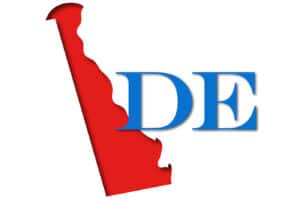
NSPIRE Demonstration Registration Now Open
HUD opened registration for its new National Standards for the Physical Inspection of Real Estate (NSPIRE) Demonstration. NH&RA encourages all eligible PHAs, owners and agents to participate in the NSPIRE demonstration. Properties will be given an advisory NSPIRE score and the most recent UPCS score will remain on the books. NSPIRE demonstration participants will have the opportunity to shape the new REAC inspection protocol and to prepare in advance of the mandatory changes.

HUD Announces the Release of State-by-State RAD Fact Sheets
In an ongoing effort to make information available on the impacts of RAD in communities around the country, HUD has published new state-by-state RAD fact sheets that provide summary information on the RAD activity in each state. The data is “live” and updates real-time as properties complete the conversion process.

Over 280 NMTC Projects Amounted to $6.1 Billion Investment in Low-Income Communities
The New Markets Tax Credit Coalition released the 2019 version of its annual New Markets Tax Credit (NMTC) Progress Report. It shows that in 2018, community development entities used $3.2 billion in NMTC allocation to finance 286 projects in 48 states, Puerto Rico and the District of Columbia. This financing resulted in the creation of 58,360 total jobs, including 32,917 permanent full-time-equivalent jobs and 25,443 construction jobs.

HUD’s OAMPO Issues Memo on Working with Owners and Residents at HUD Multifamily Properties
HUD’s Office of Asset Management and Portfolio Oversight (OAMPO) recently issued a memo clarifying owners’ responsibilities to notify residents in advance of physical inspections, to make final inspection documents available for review and comment and suggested collaborative implementation of new house rules.
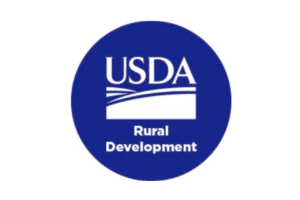
USDA Acting Assistant to the Secretary for RD Resigns
Joel Baxley, Acting Assistant to the Secretary for Rural Development (RD) at the U.S. Department of Agriculture (USDA), announced that he will leave his position effective August 2, 2019. Prior to assuming the job as Acting Assistant to the Secretary, Joel was the Administrator for the Rural Housing Service. While the Administration works to identify […]

IRS Publishes Final Regulations on Section 50(d) Income
The Internal Revenue Service published the final regulations regarding Income Inclusion When Lessee Treated as Having Acquired Investment Credit Property under section 50(d)(5) of the Internal Revenue Code. The final rule clarifies that Section 50(d) income is a partner item rather than a partnership item, that Section 50(d) income goes to the partner in the […]

Enterprise & NeighborWorks Publish New Report on Health Outcomes
Enterprise Community Partners and NeighborWorks America has published a new report titled, “On the Path to Health Equity: Building Capacity to Measure Health Outcomes in Community Development.” The report highlights the findings of an innovative national demonstration project designed to build the capacity of 20 community-based organizations to measure the health outcomes of their work. […]
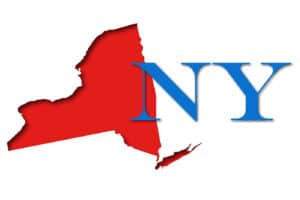
RetrofitNY Publishes Report on Deep Energy Retrofits
The RetrofitNY team is proud to share a study conducted by Ian Shapiro of Taitem Engineering assessing the transferability of the Energiesprong concept to New York State – Energiesprong: A Dutch Approach to Deep Energy Retrofits and Its Applicability to the New York Market. Based on numerous site visits and interviews in the Netherland, Ian’s […]
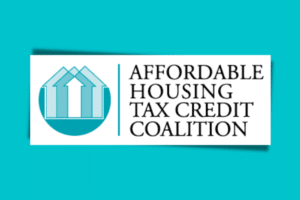
AHTCC to Host Webinar on Advocating for the Affordable Housing Credit Improvement Act
The Affordable Housing Tax Credit Coalition will host a webinar at 3:00 p.m. EDT on Friday, July 12, 2019 on advocating for the Affordable Housing Credit Improvement Act, legislation to expand and improve the Low-Income Housing Tax Credit (Housing Credit). This bill has the potential to increase affordable housing production and preservation by more than […]

Urban Institute Highlights Zoning Strategies to Improve Housing Affordability
A recent post on the Urban Institute website by Solomon Greene and Jorge Gonzalez highlights how local governments are “increasingly recognizing that restrictive zoning and outdated land-use regulations can suppress housing supply, drive up housing costs, and widen racial and economic disparities. Leveraging smart zoning reforms and easing building restrictions can unleash housing supply to help meet the […]